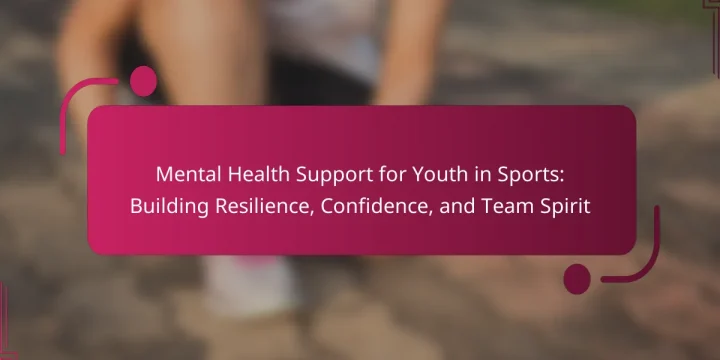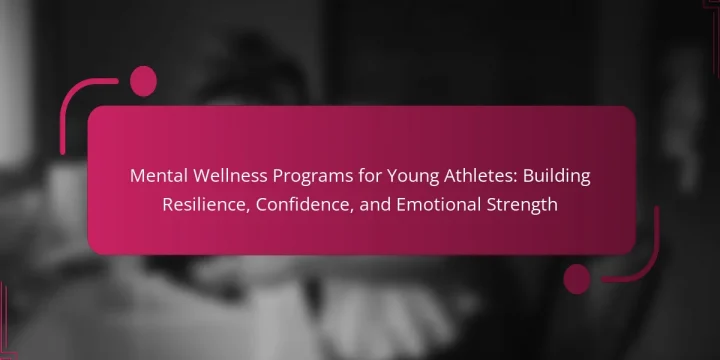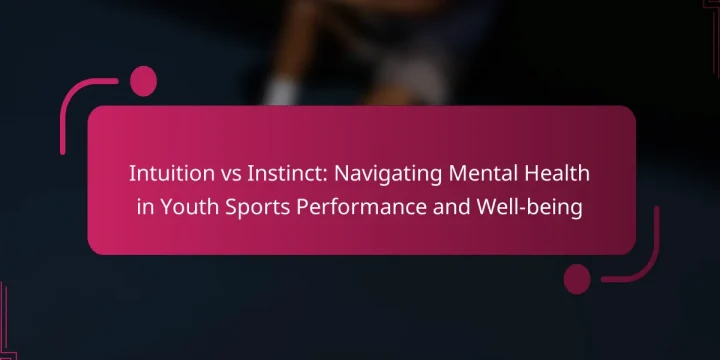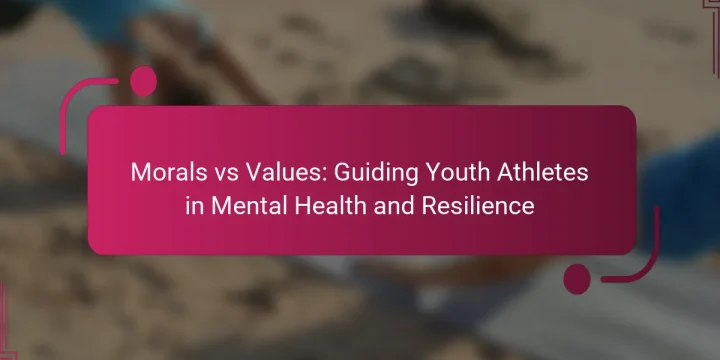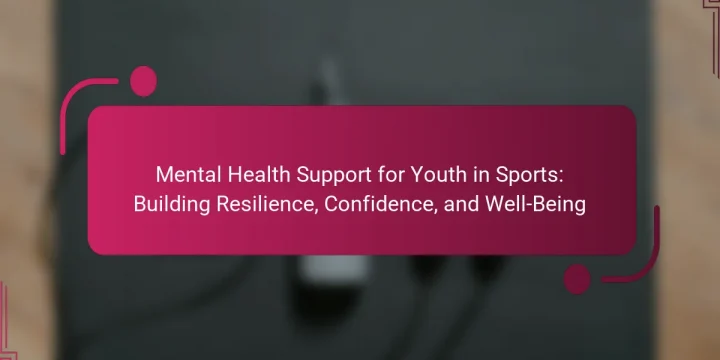
Mental health support programs for youth athletes enhance emotional resilience and reduce anxiety, addressing the unique challenges they face. These programs offer counselling services, peer support groups, and workshops to promote well-being. Effective implementation involves training coaches and parents, fostering open communication, and engaging the community. Future trends focus on personalised approaches and technology integration to improve accessibility and effectiveness. What are the key benefits of mental health support programs for youth athletes? Mental health support programs for youth athletes provide essential benefits that enhance their overall well-being. These programs improve emotional resilience, reduce anxiety, and foster a supportive environment, leading to better performance and personal growth. One key benefit is the development of coping strategies, which help athletes manage stress and pressures associated with competition. Programs also promote open…

